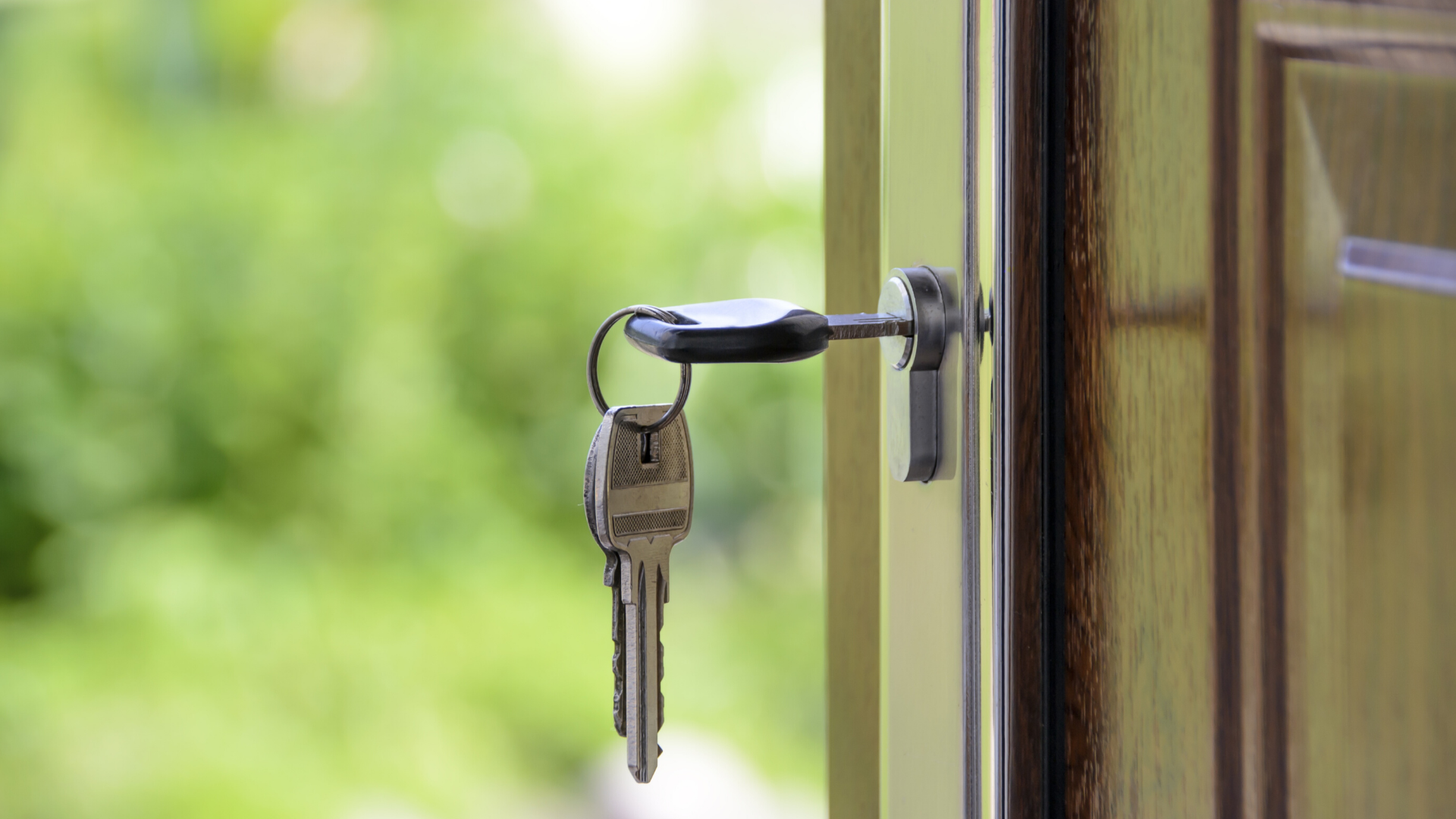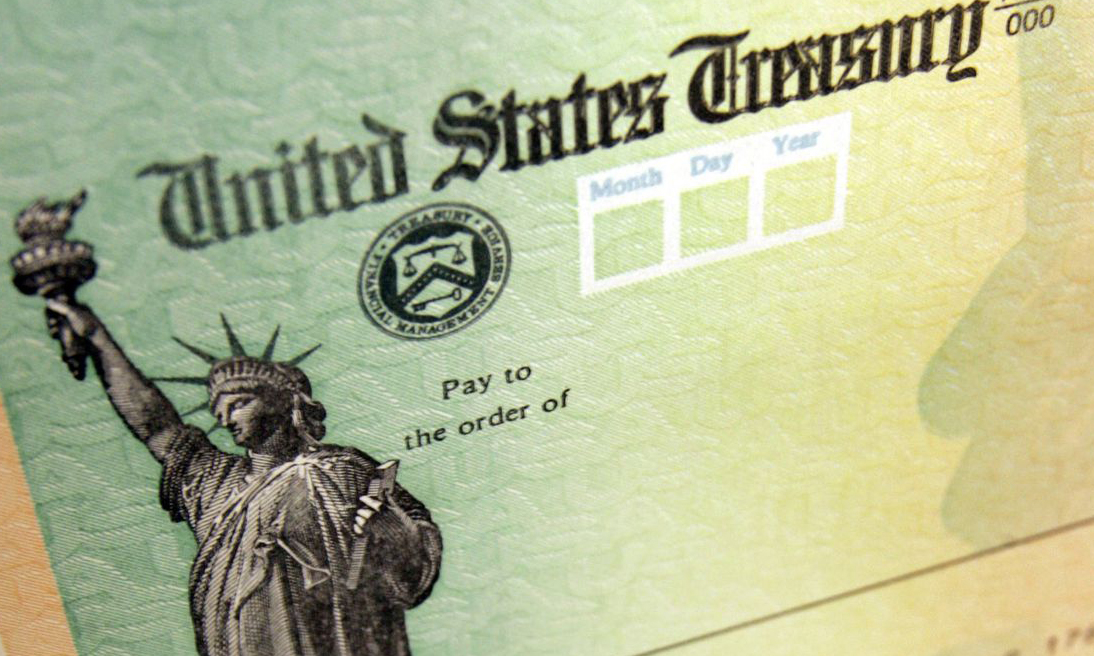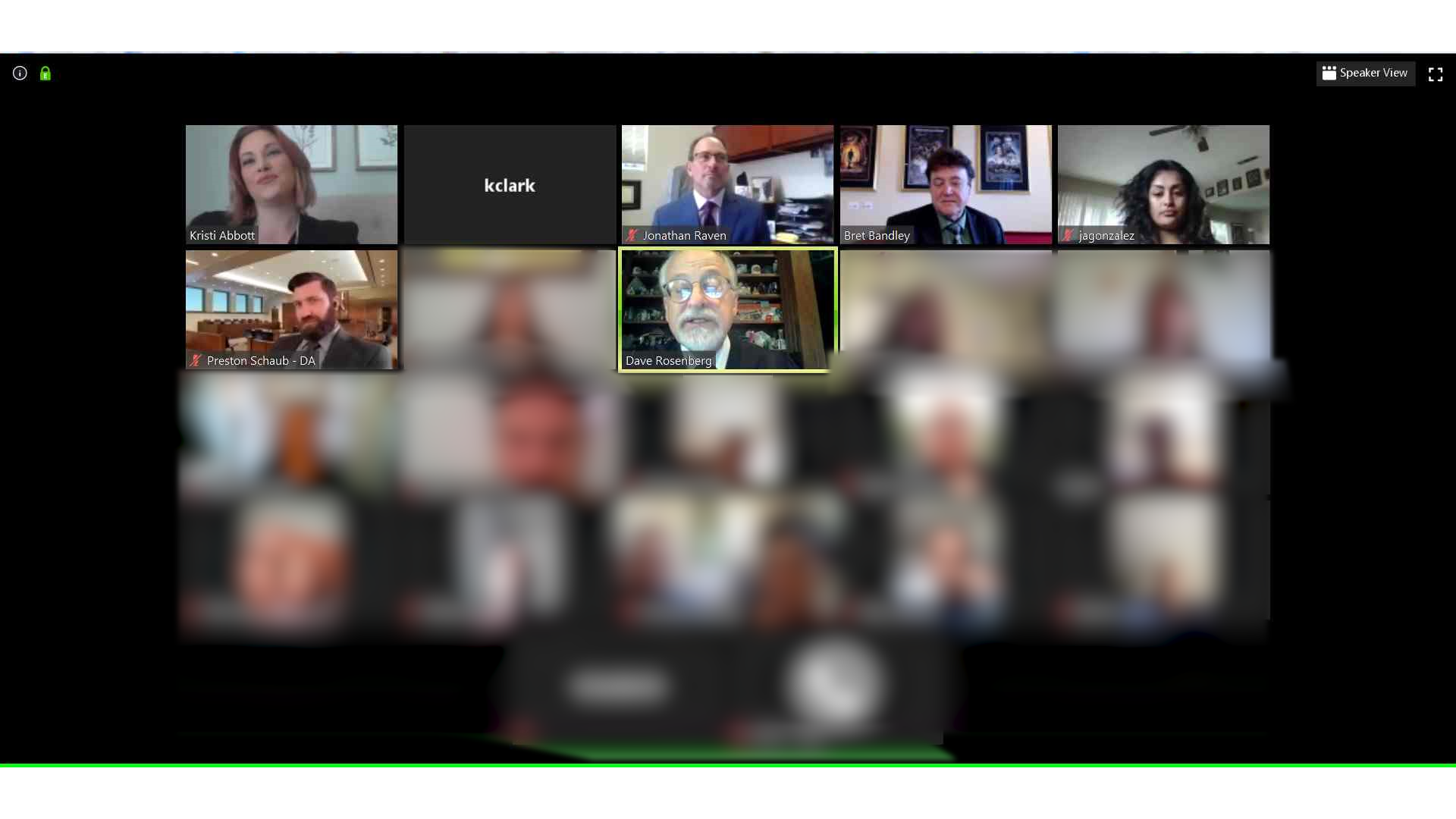COVID-19
Beware of Fraudulent Loan Modification and Foreclosure Rescue Scams During COVID-19

The California Department of Real Estate (DRE) has issued a Consumer Alert to explain loan modification and loan forbearances. It provides information about those who are authorized to provide services, and more importantly, those who are not. It also provides tips about how to spot a potential scam.
There are many red flags that consumers should be on the lookout for, including but not limited to: unlicensed people or companies, a demand for payment upfront, and instructions to transfer lease/rent titles to a third party or granting a “power of attorney” to the loan modifier. Once money or title is transferred, the scammer may vanish or sell the home without the owner’s knowledge.
To prevent this from happening, there are steps that can be taken to ensure a safe and educated choice is made:
- Do it yourself: Contact your lender directly and request a loan modification or forbearance that suits your financial situation. Take detailed notes about who you’ve spoken with, the details of the call, and what you need to do.
- Consult a free legitimate counselor: If you are unable to negotiate a loan modification yourself or would prefer assistance, the U.S. Department of Housing and Urban Development (HUD) offers free housing counseling through HUD approved non-profit agencies in California. Counselors can be found on HUD’s website at www.hud.gov
- Work with a legitimate, licensed, and qualified person or company: If you are unable to find a counselor through HUD that suits your needs, you can hire a representative to negotiate for you. This can be a California licensed real estate broker with mortgage loan originator license endorsements to perform loan modification work. You can make sure a person is licensed through the DRE’s website at www.dre.ca.gov
If you are unsure about a person or company, or to determine if a complaint has been filed regarding their legitimacy and business practices, you may contact the Better Business Bureau at www.bbb.org.
If you believe you have been a victim of a real estate scam, you have many options to report those involved. If a DRE licensed or unlicensed person practicing real estate is involved, you may contact the DRE at www.dre.ca.gov. You can always report fraud or potential scams to the Yolo County District Attorney’s Office at 530-666-8180 or online at https://www.yolocounty.org/law-justice/district-attorney/departments/real-estate-fraud-unit
Protecting Children Online
Right now during the current shelter in place due to the COVID-19 crisis, children are at home and online more than ever. Knowing the places and people your children “visit” online is just as important as knowing their friends and the places they go in the real world. Unless you know what your child is doing in cyberspace, he or she could be in danger. Every minute of the day, children are solicited and victimized online.
Predators are relentless in their pursuit of children. To combat Internet crimes against children, we must work together because the responsibility to protect children belongs to all of us.
The Yolo County District Attorneys Office is working with law enforcement, educators, and others to develop a program that teaches parents and community leaders how to protect children on the Internet. Our goal is to reduce online victimization, increase the level of reporting of criminal activity, and provide resources for families to help them guard against Internet dangers.
Become involved. The most important and effective way to protect children online is parental involvement and supervision. Your children need both to travel safely through cyberspace.
To report suspected internet crimes against children, please call your local police department or the Yolo County District Attorney’s Office at 530-666-8180.
Stimulus Check Scams

Yolo County District Attorney is warning the community to be alert and vigilant regarding scams and fraud intended to steal your money and your identity.
The IRS is informing the public that taxpayers should be on the lookout for a surge of calls and email phishing attempts during this crisis which lead to tax-related fraud, identity theft, and attempts to steal money. Taxpayers also should watch for text messages, website, and social media attempts to request money and your personal information.
Retirees are specifically being targeted by scammers looking to gain personal information because they don’t typically have to file tax returns. The IRS will never reach out to individuals by phone, text message, email, mail, or in-person to ask for any kind of information to complete their economic impact payment.
The following is a list of tricks to be aware of which scammers might use to access information during this current crisis:
- Emphasize the words “Stimulus Check” or “Stimulus Payment.” The official term used by the IRS is “economic impact payment.”
- Ask the taxpayer to sign over their economic impact payment check to them.
- Ask by phone, email, text, or social media for verification of persona and/ or banking information saying that the information is needed to receive or speed up their economic impact payment.
- Suggest that they can get a tax refund or economic impact payment faster by working on the taxpayer’s behalf. This scam could be conducted by social media or even in person.
- Mail the taxpayer a bogus check, perhaps in an odd amount, then tell the taxpayer to call a number or verify information online in order to cash it.
Additionally, the best way to establish whether the email or phone call you just got from an alleged institution is to go directly to the source website and see if there are any actual announcements like it. And last, it is always important to have strong, unique passwords linked to each of your online accounts to have better security for your personal information.
If you receive these suspicious phone calls, emails, text messages, or social media messaging, please contact the Yolo County District Attorney’s Fraud Hotline at 1-855-4-YOLO-DA or your local law enforcement agency. Reports of suspected fraud can also be made online at https://www.yoloda.org/fraud-reporting or by email to fraud@yoloda.org.
Staying Safe Online During COVID-19 Crisis

Please continue to exercise smarter cyber hygiene in this uncertain time. Be aware that cybercriminals may exploit concerns surrounding COVID-19 to perpetuate scams designed to steal your money.
Please remember the following four tips to protect yourself and help stop this criminal activity:
- Do not open attachments or click links within emails from senders you don’t recognize
- Always verify the information being shared originates from a legitimate source
- Do not provide your logins, financial data, or other personal information in response to an email
- Visit websites by manually inputting their domains to your browser
Keeping Children Safe While Online:
Due to the suspension or cancellation of schools and classes, many children are now spending more time on internet-connected devices. This can expose our children to criminals who exploit the anonymity of internet-based communication. Measures to prevent child exploitation and the signs of abuse are found on this webpage: https://www.fbi.gov/news/pressrel/press-releases/school-closings-due-to-covid-19-present-potential-for-increased-risk-of-child-exploitation
Fraud:
Fraud is a perpetual concern for the DA’s Office, but criminals often leverage the opportunities crises present to take advantage of the concerns and fears of our residents. There are investment schemes tied to alleged COVID-19 cures, fraudulent products, and charitable donation scams. Always do significant research to ensure charities are legitimate, ensure contact information or web addresses you are receiving are accurate, and steer clear of investment schemes that claim a high rate of return during these challenging times.
To Report:
To report scams and fraud please submit a report on Yolo County District Attorney’s fraud reporting webpage here: https://yoloda.org/fraud-reporting/ or call the DA’s fraud hotline at 1-855-4-YOLO-DA. To report cybercrime or concerns about child exploitation to your local police department or call the DA’s office at 530-666-8416.
Resources:
- FBI Coronavirus webpage: www.fbi.gov/coronavirus
- The FBI Internet Crime Complaint Center message: https://www.ic3.gov/media/2020/200320.aspx
- School Closings Due to COVID-19 Present Potential for Increased Risk of Child Exploitation: https://www.fbi.gov/news/pressrel/press-releases/school-closings-due-to-covid-19-present-potential-for-increased-risk-of-child-exploitation
COVID Physical Distancing Doesn’t Stop Mental Health Court
The Mental Health Court team used video conferencing to continue having informal “court”
with the team and judge
(Woodland, CA) – April 10, 2020 – This week, Yolo County’s justice partners rebooted Mental Health Court (MHC) by having its first informal “Mental Health Court” where participants met with team members and the MHC judge through Zoom video conferencing. Prior to the “shelter in place order,” the MHC team decided to discontinue all court appearances until mid-May to avoid further spread of the virus. The team continued meeting and discussing cases while Health and Human Services Agency (HHSA) clinicians provided MHC participants with services through telephone and Zoom video. Since the Yolo County Superior Court is currently closed and handling only essential matters, the MHC team moved quickly to set up informal video court hearings to ensure the participants continued meeting with the judge and MHC team. During a meeting on April 2, the team decided to use Zoom video conferencing to continue MHC meetings. After HHSA clinicians contacted participants and helped them learn how to use Zoom, on Thursday, April 9, 2020 the MHC team held its first ever live, virtual informal court hearing. Eleven MHC participants appeared by video in a separate location with many being in their own homes.
Mental Health Court is a minimum 18-month court-based treatment and monitoring system for adult offenders with a serious mental illness. Mental Health Court is designed to increase the treatment engagement of the participants while reducing both arrests, hospitalizations, and jail time both during and after their involvement and participation in the program. The program is a collaborative effort between the Yolo County Superior Court, Probation, Health and Human Services Agency, the Public Defender, and the District Attorney. Mental Health Court follows the Forensic Assertive Community Treatment model where participants get intense services two hours per week or meet with staff four times per week. The team provides participants with wrap-around treatment which includes a focus on mental health, substance abuse, housing, vocational and school, and physical health. The goal is to address the criminogenic factors and reduce recidivism.
During this first, live, virtual court hearing, Judge David Rosenberg opened up “court” from his home wearing his judicial robe. He greeted the 11 participants and then he and team members shared words of encouragement. Participants then talked about how they were managing through the COVID crisis. “This was very exciting,” said Judge Rosenberg. “We believe we are one of the first in the state to run a mental health court gathering by video conference.”
District Attorney Jeff Reisig praised the Mental Health Court team. “By hosting this informal court hearing via video conference, participants are able to continue the valuable experience of meeting with the judge and the rest of the team,” said Reisig. “I applaud the team for being creative and using technology to help participants continue on their road to self-healing.”

Mental Health Court team members and participants (blurred) listen intently as Judge David Rosenberg opens up Yolo County’s first informal Mental Health Court hearing using Zoom video conferencing
Price-Gouging Laws Are Now in Effect Throughout Yolo County
(Woodland, CA) – March 20, 2020 – On March 11, 2020, the Governor issued a Proclamation of a State of Emergency with price-gouging protections in effect through September 4, 2020. Therefore, Yolo County District Attorney Jeff W. Reisig announced that his office will diligently investigate and prosecute cases of price-gouging for as long as Yolo County is under a State of Emergency for the novel Coronavirus (COVID-19).
District Attorney Reisig also encouraged Yolo County residents to report any instances of price-gouging when shopping for consumer goods or medical supplies.
California’s anti-price-gouging statute, Penal Code Section 396, prohibits raising the price of many consumer goods and services by more than 10% after an emergency has been declared.
This law applies to any person or business selling goods or services including consumer goods, food and drink items, emergency supplies, medical supplies, storage facilities, emergency cleanup materials and transportation.
Violations of the price-gouging statute are subject to criminal prosecution that can result in one-year imprisonment in county jail and/or a fine of up to $10,000. Violators are also subject to civil enforcement actions including civil penalties of up to $5,000 per violation, injunctive relief and mandatory restitution.
District Attorney Reisig stated, “Local businesses have traditionally been community partners during crises, but anyone that profiteers during a state of emergency will be prosecuted to the full extent of the law. County residents must have access to necessary supplies, especially when community health is at stake.”
The Yolo County District Attorney’s Office is committed to protecting consumers during this emergency. Anyone who suspects they have been the victim of price-gouging, or who has information regarding potential price-gouging, is encouraged to immediately file a complaint with the District Attorney’s Office by completing a Consumer Complaint Form on our website (Consumer Complaint Form Queja Del Consumidor) or by calling (530) 666-8180.
For more information on price-gouging, please see the Attorney General’s website
(https://www.oag.ca.gov/consumers/pricegougingduringdisasters)

